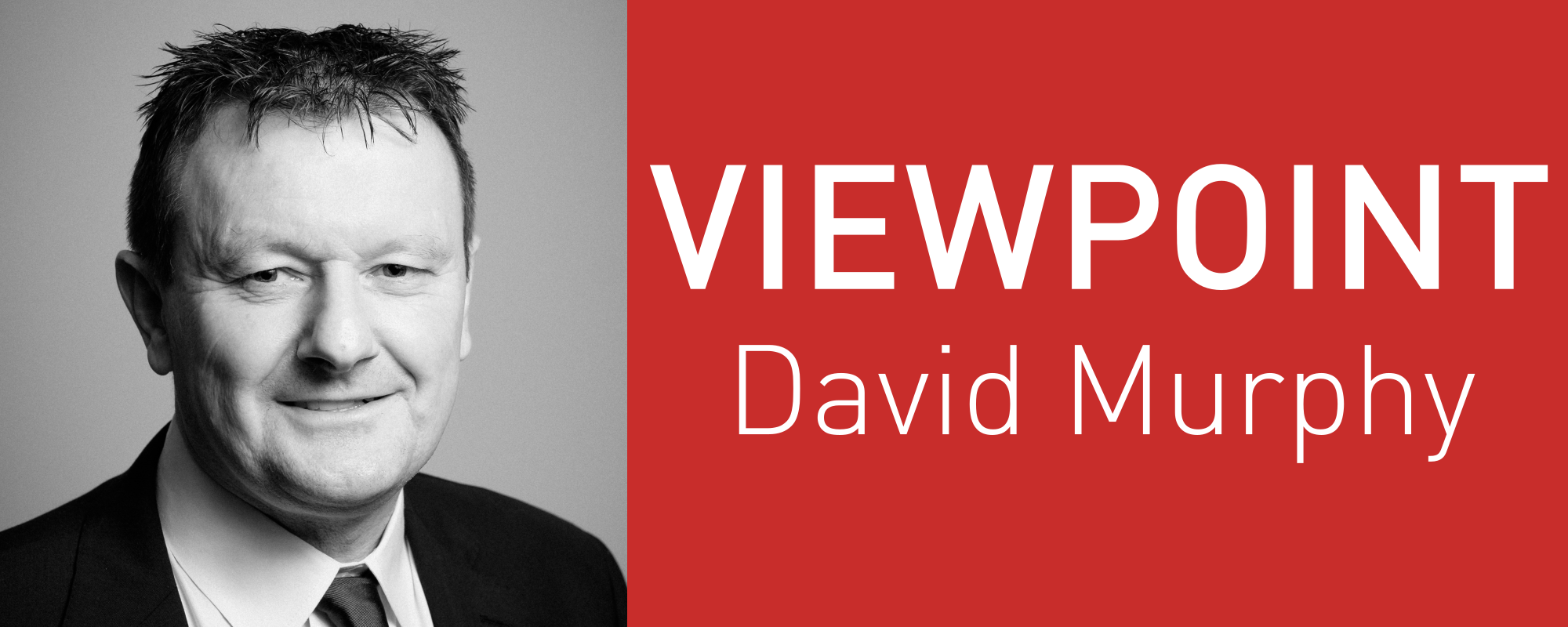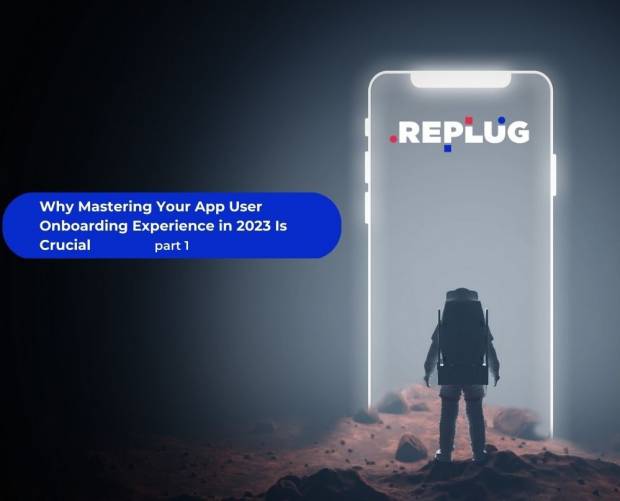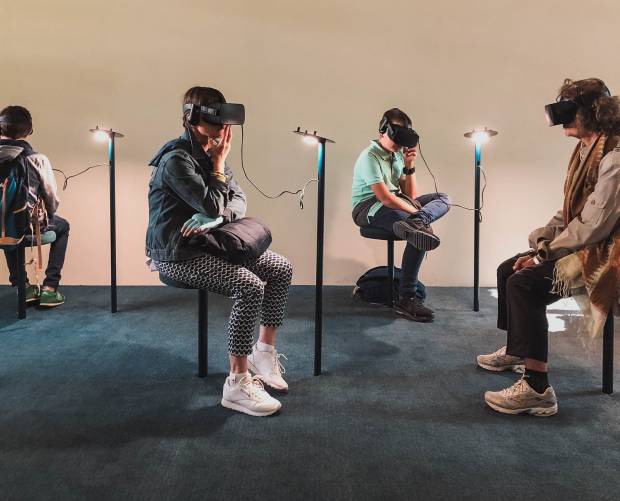David Murphy says Mark Zuckerberg's appearance before MEPs in the European Parliament yesterday was a missed opportunity at which the best, toughest questions, went unanswered.  So it seems the European Parliament made something of a hash of its attempt to grill Facebook CEO Mark Zuckerberg yesterday. Getting him to appear in front of the parliament to take MEPs’ questions was arguably something of a coup, given that he has, to date, refused three times to appear before the UK Parliament’s Commons Digital, Culture, Media and Sport select committee. Having got him there, however, they proceeded to run the session in such a way as to effectively let Zuckerberg choose which questions to ask and which to ignore.
So it seems the European Parliament made something of a hash of its attempt to grill Facebook CEO Mark Zuckerberg yesterday. Getting him to appear in front of the parliament to take MEPs’ questions was arguably something of a coup, given that he has, to date, refused three times to appear before the UK Parliament’s Commons Digital, Culture, Media and Sport select committee. Having got him there, however, they proceeded to run the session in such a way as to effectively let Zuckerberg choose which questions to ask and which to ignore.
In a 90-minute session, the 12 MEPs involved asked a series of questions in succession. They talked for so long that Zuckerberg was left with only around 25 minutes to answer them. So the questions lasted twice as long as the time the MEPs knew Zuckerberg would have to answer them. In that time, of course, he couldn’t hope to answer more than a few of them, so chose the ones he felt most comfortable answering.
So while he apologised for the Cambridge Analytica scandal, Zuckerberg was at will to avoid several questions touching on more pressing issues.
MEP Guy Verhofstadt said the “precooked format” was “inappropriate”. His own question to Zuckerberg: “Are you in fact a genius who creates a digital monster that is destroying our societies?” was one of the many that went unanswered.
His frustration was shared by Conservative MP Damian Collins, who chairs the Commons Digital, Culture, Media and Sport select committee. He tweeted: “54 minutes into the European Parliament's session with Mark Zuckerberg and he has not answered a single question. It is clear why he refused to appear in front of @CommonsCMS”
And speaking on BBC Radio 4’s Today programme this morning, the Chair of the European Parliament Civil Liberties Justice and Home Affairs Committee Claude Moraes described the “clumsy format” as “incredibly frustrating”.
“The original decision was that he would come before my committee, so that would be like a Select Committee format, one question one answer,” he said. “That was overruled, we ended up with the political leaders. I was there in addition as the leader of the Committee that should have done it, and it was incredibly frustrating.”
He went on to quote the FT, which in its coverage of the session had remarked that, unlike their US counterparts, many of the MEPs’ questions were tough and incisive, on issues such as shadow accounts, the apps, monopoly power, and opting out of targeted advertising. “They were all good questions, because many of the legislators, on GDPR, on e-Privacy were in the room,” Moraes said.
On the eve of Zuckerberg’s appearance before the European Parliament, we published an open letter to the Parliament from Jean-Paul Schmetz and Marc Al-Hames, founder and MD respectively of the data-protection technology start-up Cliqz. In it, they suggested some questions they might want to put to Zuckerberg, and urged them not to allow him “to plead ignorance on these important questions as he did in front of the US Congress.”
They, too, were disappointed at the way yesterday’s session turned out, noting that the Conservative MEP for London, Syed Kamall, asked Zuckerberg during the session about Facebook collecting and storing non-users’ data (shadow profiles). To which he replied: “On how do we separate out the security data, it is very important that we don’t have people who aren’t Facebook users coming to our service and trying to scrape the public data that’s available. One of the ways we do that is, you know people use our service and even if they’re not signed in. We need to understand how they are using the service to prevent bad activity. A big theme of today has been around making sure we can do a better job of governing the system keeping bad content out, one of the ways we do that is by understanding how people are using the system.”
When asked again “But if you are not a Facebook user how do you stop that data being transferred?” Zuckerberg answered: “On a security side, we think it is important to keep it to protect people in our community.”
Speaking to Mobile Marketing this morning, Schmetz said he regretted that Zuckerberg had once again avoided giving a clear answer to the question of shadow profiles. “His attempts to justify the surveillance of everyone’s browsing behavior, regardless whether he or she is a Facebook user or not, with security reasons is ridiculous,” said Schmetz. “As a society, we’d never allow the police to intercept all citizens’ browsing activities for security reasons. Why should we allow Facebook? Mr. Zuckerberg also said Facebook was already fully GDPR compliant. However, without a Facebook profile you can’t access or delete that data Facebook has collected about your browsing behavior and you never gave your consent to this kind of data collection. That’s a clear violation of GDPR.”
On the broader point of quite how the European Parliament could have got yesterday’s session so wrong, this is hard to fathom. Maybe the MEPs just like the sound of their own voices too much. In Zuckerberg's defence, Facebook informed the BBC that it was the European Parliament, rather than Facebook that chose the structure for the session, a point that was subsequently confirmed to the BBC by the Parliament's president, Antonio Tajani.
Nevertheless, there seems to be something of an inconsistency between Facebook taking out full page ads on the back of broadsheet newspapers proclaiming its commitment to data privacy, and Zuckerberg’s refusal to answer the most prescient questions on the subject when he has an opportunity to do so.
Zuckerberg has promised to come back to the MEP’s with written answers to their questions, noting, slightly unnecessarily: “I realise there were a lot of specific questions that I didn’t get around to answer.”
It will be interesting to see if he fulfils this promise and how long it takes him to do so. After all, when you have five minutes to answer a tricky question face-to-face in front of a load of MPs, it’s going to take five minutes. When you have the opportunity to get your legal team involved and stress over every word to make sure you’re not incriminating yourself or making a pledge you don’t really want to be held to, it has the potential to take much longer.
In any event, yesterday’s session was a massive missed opportunity.
.png)



